In today’s fast-paced world, maintaining a balanced diet can be a challenge. This is particularly true for women, who often juggle multiple roles and responsibilities. One silent epidemic that is often overlooked is vitamin deficiency.
Understanding Vitamin Deficiency
Vitamin deficiency occurs when the body lacks essential vitamins needed for optimal function. These deficiencies can lead to a variety of health issues, ranging from fatigue and weakness to serious complications like anemia and osteoporosis.
The Silent Epidemic: Vitamin Deficiency in Women
Common Vitamin Deficiencies in Women
Vitamin D Deficiencies in Women
Vitamin D is crucial for bone health as it aids in the absorption of calcium. A deficiency can lead to osteoporosis, a condition that weakens bones and makes them prone to fractures. Women, especially those in their post-menopausal years, are at a higher risk. Vitamin D is synthesized in the skin in response to sunlight, and can also be obtained from foods such as fatty fish, cheese, and egg yolks. It is essential for the absorption of calcium and phosphate in the gut, which are vital for bone formation. A deficiency in Vitamin D can lead to a loss of bone density, which can contribute to osteoporosis and fractures. In children, it can cause rickets, a disease characterized by delayed growth and deformities of the bones.
Vitamin B12 Deficiencies in Women
Vitamin B12 is essential for nerve function and the production of DNA and red blood cells. A deficiency can lead to fatigue, weakness, and, in severe cases, anemia. Vegetarians and vegans are particularly at risk, as B12 is primarily found in animal products.Vitamin B12 plays a crucial role in the formation of red blood cells, nerve function, and the synthesis of DNA. It is naturally found in animal products, including fish, meat, poultry, eggs, milk, and milk products.
Vitamin B12 is generally not present in plant foods, but fortified breakfast cereals are a readily available source of vitamin B12 with high bioavailability for vegetarians and vegans. Symptoms of vitamin B12 deficiency can include fatigue, loss of appetite, constipation, weight loss, numbness and tingling in the hands and feet, balance problems, confusion, poor memory, and soreness of the mouth or tongue.
Iron Deficiencies in Women
While not a vitamin, iron deficiency is worth mentioning as it’s one of the most common nutritional deficiencies in women. Iron is crucial for producing hemoglobin, a protein that helps red blood cells deliver oxygen throughout the body. A deficiency can lead to anemia, characterized by fatigue and weakness.
Iron is a mineral that is vital for health.
All cells contain some iron, but most of the iron in the body is in red blood cells. Red blood cells transport oxygen from your lungs to the organs and tissues throughout your body. Iron has a role in creating energy from nutrients. It also contributes to the transmission of nerve impulses — the signals that coordinate the actions of different parts of your body. If you have more iron than is needed, it’s stored in your body for future use. The average American gets all the iron they need from the foods they eat. However, in some cases, your doctor may recommend an iron supplement.
The Importance of a Balanced Diet
A balanced diet is the best way to prevent vitamin deficiencies. Incorporating a variety of fruits, vegetables, lean proteins, and whole grains can provide a wide range of essential vitamins and minerals. However, in some cases, supplementation may be necessary. It’s always best to consult with a healthcare provider before starting any new supplement regimen.
Conclusion
Vitamin deficiency in women is a silent epidemic that can have serious health implications if left unchecked. By understanding the common deficiencies and their symptoms, women can take proactive steps towards maintaining their health. Remember, while vitamins and minerals are essential for your body, it’s important to have them in the right amounts. Too much or too little of any one nutrient can cause imbalances in the body and potentially lead to health problems. Prevention is always better than cure. Always consult with a healthcare provider before starting any new supplement regimen.
This is a general overview and should not replace professional medical advice. Always consult with a healthcare provider for personalized advice.
Disclaimer: Thank you for visiting Simplyeverythingbeauty.com. You may have noticed I have affiliate links located within my blog posts. If you click on these links and make a purchase, I will be lucky enough to earn a small commission, making it possible to keep this site up and running. Also, I may share information that seems medically related at times but let me clarify, and I am in no way a medical professional. I share the information I find on medically professional websites. I am not responsible for any reactions due to trying suggested products or remedies; try at your own risk.
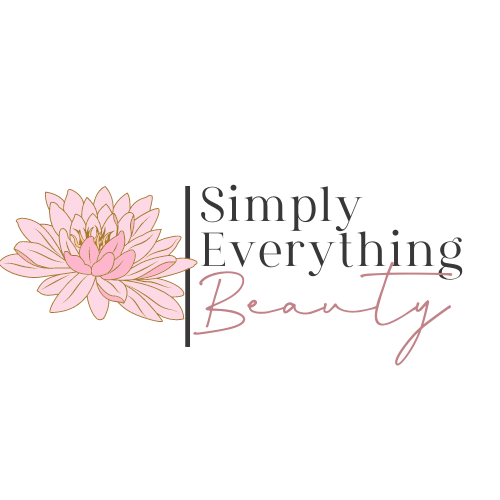
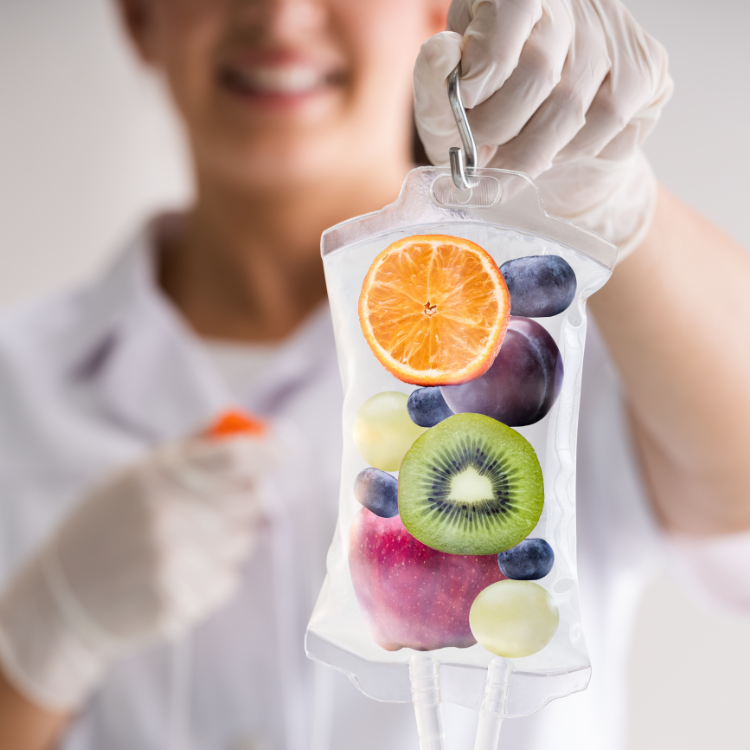
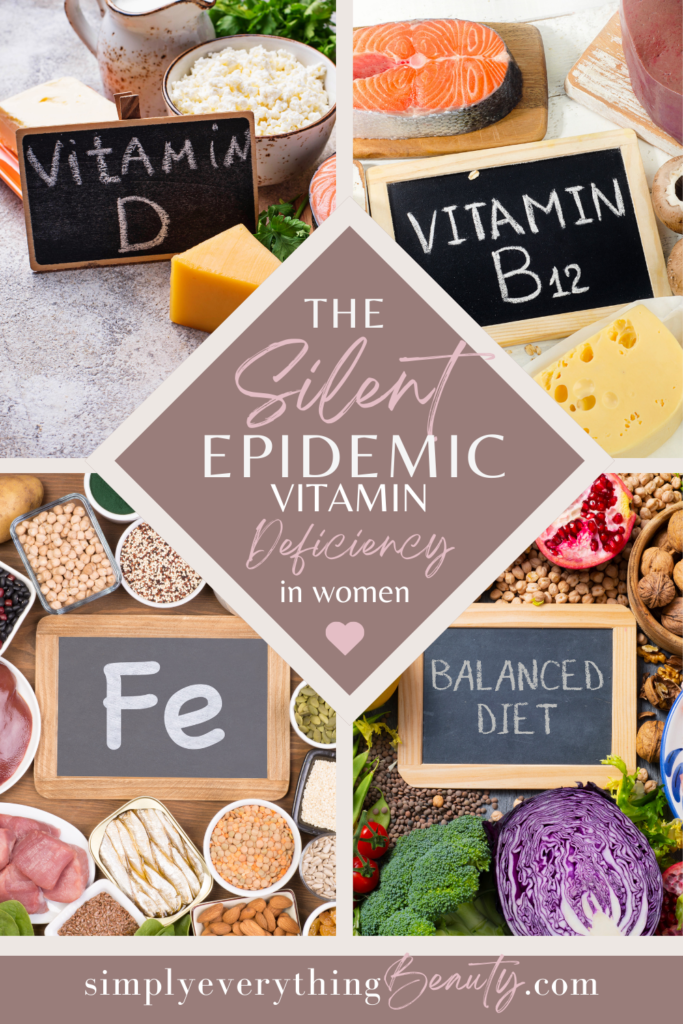


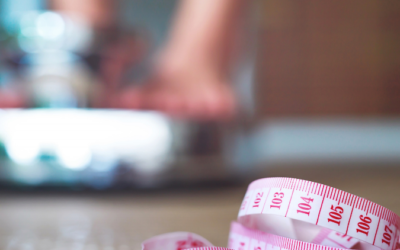
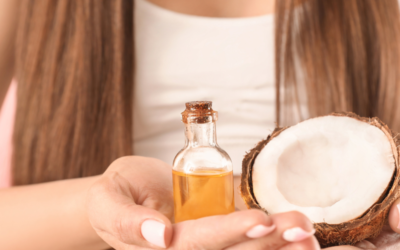
these deficiencies are quite prevalent in women, especially the iron deficiency. This article gives a good introduction to these problems. Thanks for sharing!